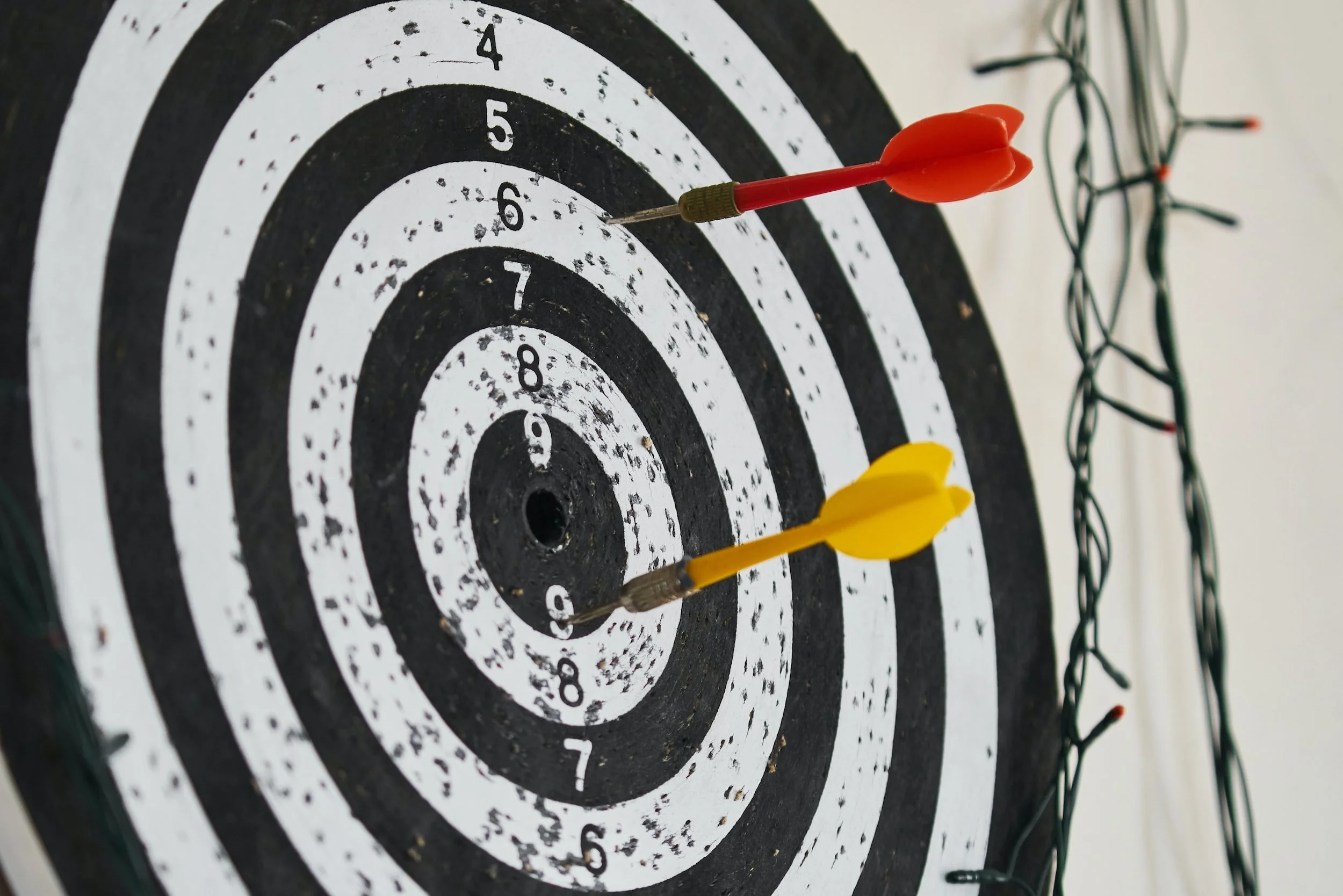Mastery Goals Vs Performance Goals: Why Building Habits is More Effective than Chasing Outcome Goals
Mastery goals vs outcome goals
Many athletes come to me for help looking for solutions related to weight loss, building muscle, increasing performance at the gym and various other goals. While outcome goals can be motivating, they can also leave us feeling frustrated when we don’t see immediate results. This is where building habits comes in – by focusing on the small actions we take each day, we can make long-term progress towards our goals.
In this blog post, we'll explore why building habits (or having mastery goals) is more effective than chasing outcome (performance) goals, and how you can start building those skills into your daily routine.
The problem with outcome goals
Outcome goals are like performance goals, they come with external validation and are hard to predict.
When we focus solely on outcome goals and we don’t achieve them, we can become discouraged. Outcome goals are like performance goals, they come with external validation. A new PR at the gym, a new fat loss percentage, a raise at work. But what happens when we work really hard but we don’t achieve our goal?
Take an athlete for example, she trains for 6 months for her first triathlon, and the night before the event her young child keeps her up all night resulting in her feeling over fatigue and completing her event at a much slower pace than her goal time. Does this mean that the last 6 months was totally pointless?
While outcome goals are important to have, we can’t always control them.
The benefits of building habits
Mastery goals are like the little building blocks that make up a structure.
Focusing on mastery goals, puts you in the driver’s seat. You are in control of your habits. Mastery goals are like the little building blocks that make up a strong structure like little lego pieces that form a spaceship.
By creating skills and practices that you are able to put into action every single day, you are creating habits that run on automation which means you no longer have to rely on motivation and willpower to get you those results.
On top of that, mastery goals rely on the process of learning, making external validation completely irrelevant since you’re focusing on the process rather than the result.
Here a are a few examples of weekly mastery goals:
Eating 4-6 cups of non starchy vegetables everyday
Going to bed no later than 10pm every night
Eating 5-6 servings of lean protein everyday
Practicing mobility 3 times a week
Packing an apple or a banana before you head to the office
How to build habits
Creating habits doesn’t have to be complicated. Start small, make the actions so easy to achieve that you are able to do them everyday. Here are a few helpful tools to support you in your journey:
Use sticky notes: Post its are a great way to set our intention for the week. Write down a sentence or two so it’s not just an idea you have in your head.
Set alarms: For those that prefer digital reminders you can set alarms on your phone to get those actions going while you work on turning them into healthy habits
Habit stack: Create triggers by stacking your new habit with an already established habit so it runs on autopilot. For example putting your water bottle next to the coffee machine so you remember to fill up your bottle before making a cup of coffee.
Find accountability: whether its a coach or a good friend, work with someone that can help check in on your progress so you don’t feel stuck or alone on the journey
Use a habit tracker: Create a tick list either on paper or on your phone that can help you track your daily habits
Once you have all these systems in place, check your key performance indicators! Take the data at the end of the week and see what is working and what isn’t. Repeat on those habits that are working and tweak the habits that aren’t working and ask yourself how you can make the habits that aren’t sticking easier to do.
A few prompts to ask yourself:
What is potentially getting in the way?
How can we manage those challenges?
How can we scale back on that habit and make it even easier to achieve?
Armed with that information, reset the weekly goals, and repeat the following week.
Tracking your KPI’s to see what’s working and what isn’t working is key to progress.
Takeaways
Building habits may not be as glamorous as achieving an outcome goal, but it's a more sustainable way to make progress towards our goals. By focusing on the small actions we take each day, we can create a lifestyle that supports our long-term goals. So, the next time you set a goal for yourself, consider how you can incorporate habits into your daily routine to make progress towards that goal.





